
The Sad State of Press Freedom in Hong Kong after Twenty-Five Years of Chinese Rule
Recommendation
When Britain’s lease for Hong Kong expired in 1997, China promised that it would continue to enjoy freedoms not available in the People’s Republic at large, including robust freedom of the press. China has since cracked down, shuttering some independent news media outlets and jailing prominent editors. Learn what has happened to Hong Kong and how its formerly provocatively outspoken press has become a fading memory. Jon Alsopp’s report in the Columbia Journalism Review is a must-read for those involved in business with China and those concerned about freedom of the press and human rights.
Summary
About the Author
The Columbia Journalism Review is a journalism and press analysis publication of the Columbia University Graduate School of Journalism. Jon Alsopp is a freelance journalist.





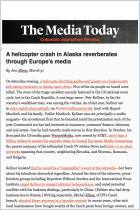
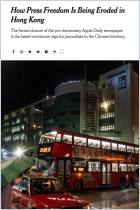
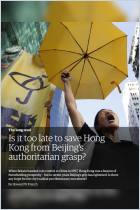
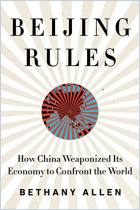
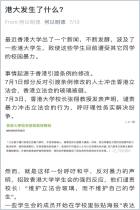
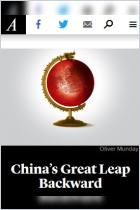
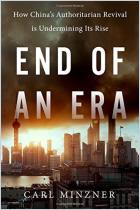




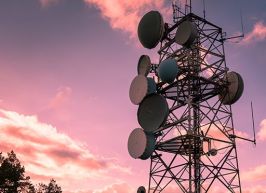

Comment on this summary